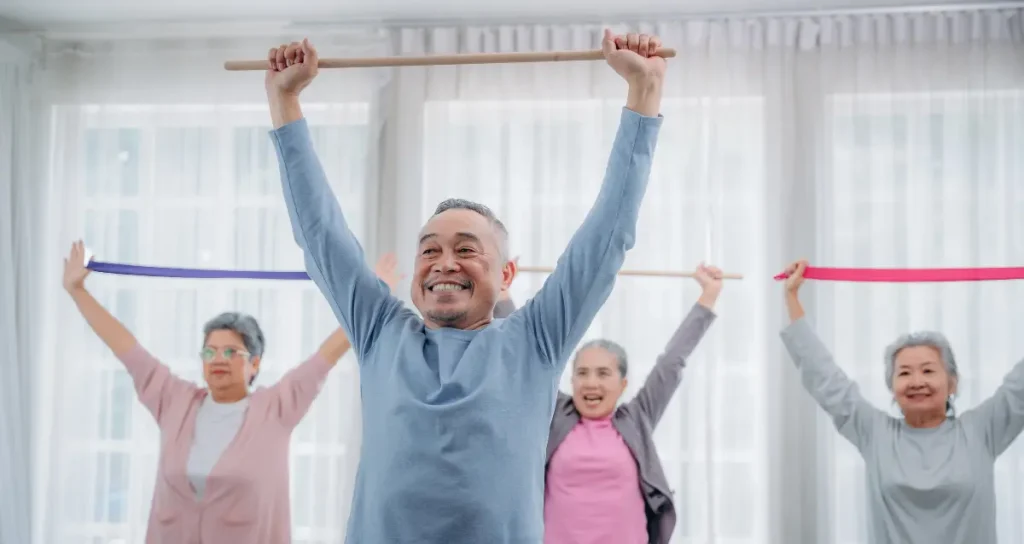
What makes staff crucial in a convalescent care home? Their role goes beyond simple tasks. They provide comfort, support, and companionship to residents.
Staff are often the first line of contact, ensuring that each resident feels valued. Their training and compassion play a vital part in recovery. In a convalescent care home, every interaction matters.
Read on to discover how dedicated staff make a difference every day.
Ensuring Safety and Well-being
Staff members are trained to handle emergencies and provide immediate assistance when needed. Regular checks on residents help identify any health issues early. This proactive approach promotes a safer environment for everyone.
Senior care services often include monitoring medication and ensuring proper nutrition. Staff help residents follow their care plans, which supports overall health. They also create a warm and friendly atmosphere, reducing anxiety and stress. This focus on safety and well-being allows residents to recover with dignity.
Providing Emotional Support
Staff members engage with residents to understand their feelings and experiences. They listen and offer kind words to lift spirits. This emotional connection fosters trust and encourages residents to express their needs.
Regular activities and social events help residents bond and feel less isolated. Encouraging family visits can also strengthen bonds and provide comfort. Through these efforts, staff implement effective elderly care solutions that promote mental well-being. A supportive environment helps residents navigate their recovery with greater ease and confidence.
Facilitating Daily Activities
Staff in a convalescent care home play a key role in facilitating daily activities. They assist with tasks like dressing, bathing, and meals. This ensures that each individual maintains their dignity. By helping residents with these activities, staff promote independence and self-esteem. They also organize group activities to encourage social interaction and engagement.
Transitional memory care services are integrated into these routines. They provide specialized support for individuals with memory challenges. This support helps residents feel secure and connected. Overall, staff contribute to a structured environment. This enhances the daily lives of residents.

Monitoring Health and Progress
Staff regularly check vital signs and observe changes in residents’ conditions. This constant oversight allows for quick responses to any health issues that arise. They also keep detailed records of each resident’s health changes over time.
These records help doctors and nurses make informed decisions about care plans. By staying alert to residents’ needs, staff can ensure timely interventions. Regular communication with medical professionals guarantees the best possible care during their stay.
Enriching Lives Through Engagement
Engagement is essential in a convalescent care home. Staff members create various opportunities for residents to take part in activities. These can include arts and crafts, music therapy, or exercise classes.
Such activities help residents stay active and entertained. They also provide a chance for social interaction. This is important for mental health. By encouraging residents to join in, staff help build a sense of community. Engaging residents in meaningful activities enriches their lives and supports their emotional well-being.
Discover the Role of Staff in a Convalescent Care Home
In summary, staff play a vital role in a convalescent care home. They provide safety, emotional support, and assistance with daily activities. Their dedication fosters a warm environment that allows residents to recover with dignity.
Through engagement and monitoring, staff contribute to the overall well-being of each individual. Ultimately, the compassionate care they provide makes a significant difference. This applies to the lives of residents during their recovery journey.
Looking for more tips and ideas? We’ve got you covered. Check out some of our other posts now.
FURTHER READING









